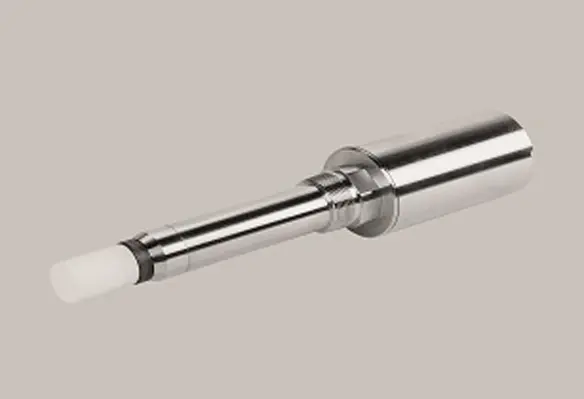Vaisala, a Finnish-based environmental and industrial measurements manufacturer, has introduced the world’s first in situ 3-in-1 biogas measurement instrument for measuring methane, carbon dioxide and humidity in demanding environments
The measuring tool, Vaisala MGP261, is an Ex-certified compact measuring instrument up to zone 0, which enables in-line installation even in explosive atmospheres, according to the company.
The company stated that the launch marks a new market entry for Vaisala and expands its expertise in the field of biogas measurement. The Vaisala MGP261 multigas measurement instrument provides continuous readings of methane, carbon dioxide and water vapour directly in the biogas process pipeline.
It is optimised for biogas production processes, such as anaerobic digestion of waste from agriculture, industries and municipalities, and the utilisation of landfill gas.
From Waste to Value
The biogas measurement instrument offers real-time gas composition without sample extraction or treatment. This compact and reliable instrument helps biogas plant operators gain comprehensive control over their process and optimise their combined heat and power (CHP) engine performance.
The instrument also enables operators to control humidity in order to reduce wear in the CHP engines and process components.
Sampsa Lahtinen, executive vice-president of industrial measurements at Vaisala, said, “Investing in biogas measurement is a logical step for Vaisala as we are fighting for a better world.”
“Global population growth and associated waste management issues, combined with the need to lower greenhouse gas emissions, represent a major challenge. The biogas industry is an important part of the solution, but it has unused potential in terms of profitability. Our new MGP261 will help the industry to derive greater value from waste,” he explained.
Product Manager Antti Heikkilä of Vaisala’s Industrial Measurements, added, “Reliable and accurate in-line monitoring enables optimisation of the production process by reducing operating costs and improving the efficiency of a biogas plant.”
“Biogas production is an organic process, affected by many variables. The better you can monitor your entire process and react to changes in the gas composition and humidity, the more efficient the plant becomes,” he concluded.




